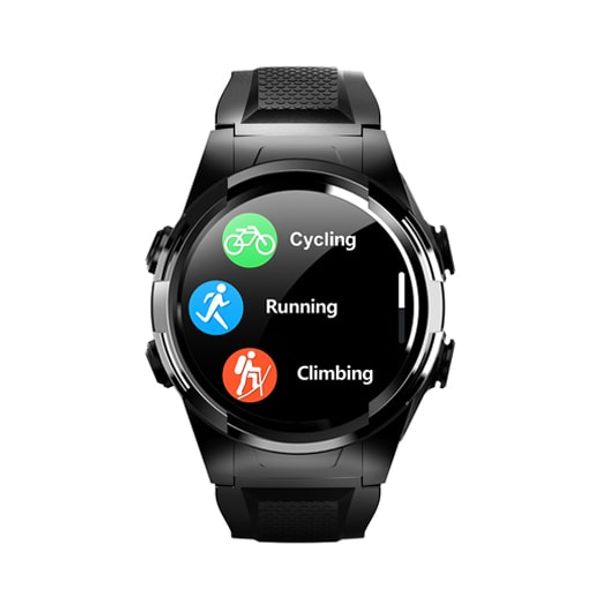

Smartd respects all the usual systemctl and journalctl commands. To start the daemon, check its status, make it auto-start on system boot and read recent log file entries, simply start/enable the rvice systemd unit. For more complete information, read the examples and comments within the configuration file, or read nf(5). The configuration file syntax is esoteric, and this wiki page provides only a quick reference. It can be managed with systemd and configured using the /etc/nf configuration file. The smartd daemon monitors SMART statuses and emits notifications when something goes wrong. (Discuss in Talk:S.M.A.R.T.) #!/bin/bashįor d in `smartctl -scan -d scsi | cut -d' ' -f1` doĭrive_values="$" Long scripts should be maintained elsewhere.
#Smart disk s201 code#
Reason: The wiki is not a code development platform. # smartctl -a /dev/ device Generate table with attributes of all disks You can also view a list of recent test results and detailed information about a device: If this happens get your data off the disk and to someplace safe as soon as you can." "If the device reports failing health status, this means either that the device has already failed, or that it is predicting its own failure within the next 24 hours. You can view a device's overall health with the -H flag. # smartctl -t conveyance /dev/ device View test results Use -t/ -test= test_name flag to run a test: The -c/ -capabilities flag prints which tests a device supports and the approximate execution time of each test.


You can use #smartctl to check for and enable SMART support. SMART support must be available and enabled on each storage device to effectively use these tools.
#Smart disk s201 install#
Install the smartmontools package to use these tools. The smartmontools package contains two utility programs for analyzing and monitoring storage devices: smartctl and smartd. 1.1.3 Generate table with attributes of all disks.


 0 kommentar(er)
0 kommentar(er)
